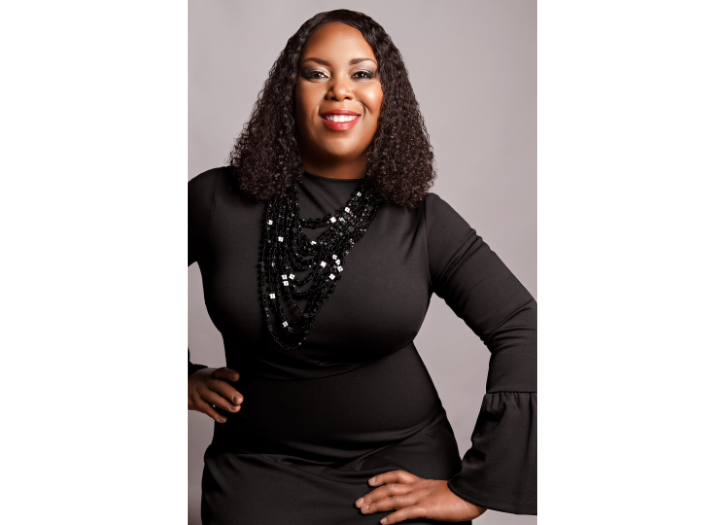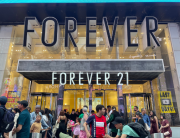If you’re looking for a unique way to support the men in your life during Men’s Health Month, consider something beyond the ordinary—something that truly speaks to the heart. How about a “Free Pass to Cry?” As a family physician, I have witnessed firsthand the toll emotional suppression takes on men’s mental and physical health. I’ve observed how emotional disconnection renders men unavailable to their partners, profoundly impacting every facet of their relationships, including intimacy. This lack of emotional openness can also strain relationships with family and friends, creating distance and misunderstandings. For relationships to be nurturing and safe, men must not be embarrassed to express their feelings with tears—a change that doesn’t fall solely on any individual man, but on us all.
Although there is some marginal progress for men to challenge emotional societal norms—e.g. Ryan Gosling in Barbie—the mantra “real men don’t cry” still looms large. Openly showing emotions can feel like a direct blow to one’s sense of manhood. Unless it’s in moments of profound grief or tragedy, men are consistently bombarded with the message to “man up.” Shedding more than a tear or two is often deemed socially unacceptable and leads to bottled up emotions that can explode later, fueling toxic masculinity. To build healthier communities, we must redefine men’s emotional expression. When we create emotionally supportive environments, then we also challenge the notion that crying is emasculating, essentially granting men the freedom to express themselves fully—because real men cry if they want to.
Dr. Aaron Rochlen, psychologist of the University of Texas, and his colleagues “have been documenting how the traditional male role—which restricts emotional expression and encourages a pre-occupation with success, power and competition—is associated with negative physical and psychological consequences, such as depression, anxiety and relationship problems.” This idea of being a “tough guy” jeopardizes men’s mental well-being. I see it often in my patients as they grapple with internal conflicts and emotional distress stemming from societal pressure to keep their feelings under wrap. Rather than solely prescribing them medication to treat the symptoms of depression or immediately referring my patients to a therapist, sometimes prescribing a good cry is the best medicine—for the mind, body, and soul.
When men stumble in life, we should encourage them to express their emotions, including crying. I vividly recall an incident with my toddler nephew darting through the living room, tripping and injuring himself. Almost reflexively, those around him urged, “Get up and stop crying.” Rushing over, I picked him up and reassured him, “It’s okay to cry; you’re hurt.” I felt him breathe a sigh of relief, his small frame relaxing in my arms. In that fleeting moment, I knew I had offered him more than just comfort; I had permitted him to acknowledge his pain without shame.
As Andrew Hutchinson eloquently stated, “Boys will not be boys. Boys will be kind, thoughtful, share their feelings, and stand up for others. Boys will cry when they want to, because boys who cry when they want to become men who cry when they want to. And that’s better for everyone.” Embracing emotions does not conflict with masculinity; instead, it enriches it.
Releasing pent-up frustrations, disappointments, and pain can be cathartic. Men deserve to experience the healing power that comes with shedding tears without feeling like they’ve surrendered their masculinity. I was told that my older brother cried over a distressing family matter. This was news to me, as I’ve never personally witnessed his eyes welling with tears. It’s difficult to believe there haven’t been moments in his life when crying would have been therapeutic. One day, I hope I can open my arms to him as I did my nephew, simply letting him know he’s safe to cry, even in front of his younger sister. Our grandfathers, fathers, husbands, uncles, brothers, nephews, and friends need to trust that they can let their guards down without risking their social standing—they need to trust that they can be huMAN.
On one hand, men are expected to bear the weight of the world on their shoulders without showing any emotion. On the other hand, they’re criticized for being emotionally detached when they comply with these expectations. It’s the classic ‘Catch-22’: condemned if they do express emotions, condemned if they don’t. A lack of acceptance for emotional diversity beyond anger and rage has stunted men’s emotional growth, leaving them misunderstood and marginalized, especially men of color.
Encouraging men to embrace their emotions and break free from outdated stereotypes is not just a step forward for them, but for society. Let’s commit to fostering a culture where men can express their feelings openly and honestly without fear of judgment. Doing so will pave the way for a future where emotional freedom is celebrated, leading to healthier, more connected, and empathetic communities. Let’s offer the men in our lives a “Free Pass to Cry,” showing them true strength lies in the courage to feel.
BIO
With 20-plus years in health and wellness, Dr. Bernadette is a respected authority and esteemed family physician. Her book, Fulfilled. 52 Prescriptions for Healing, Health, and Happiness, is the core of her influential Fulfilled. wellness program, garnering her recognition as the Most Innovative Mental Wellness Programming Provider 2023—Midwest USA from Global Health and Pharma. Her literary work has received the Next Generation Indie Book Award, New York City Big Book Award, Independent Press Award. For valuable insights into living a healthier, happier, more fulfilling life, you can connect with her via LinkedIn, Instagram, or visit her website.
Photo Credit: Stefanie Matthews







Add Comment